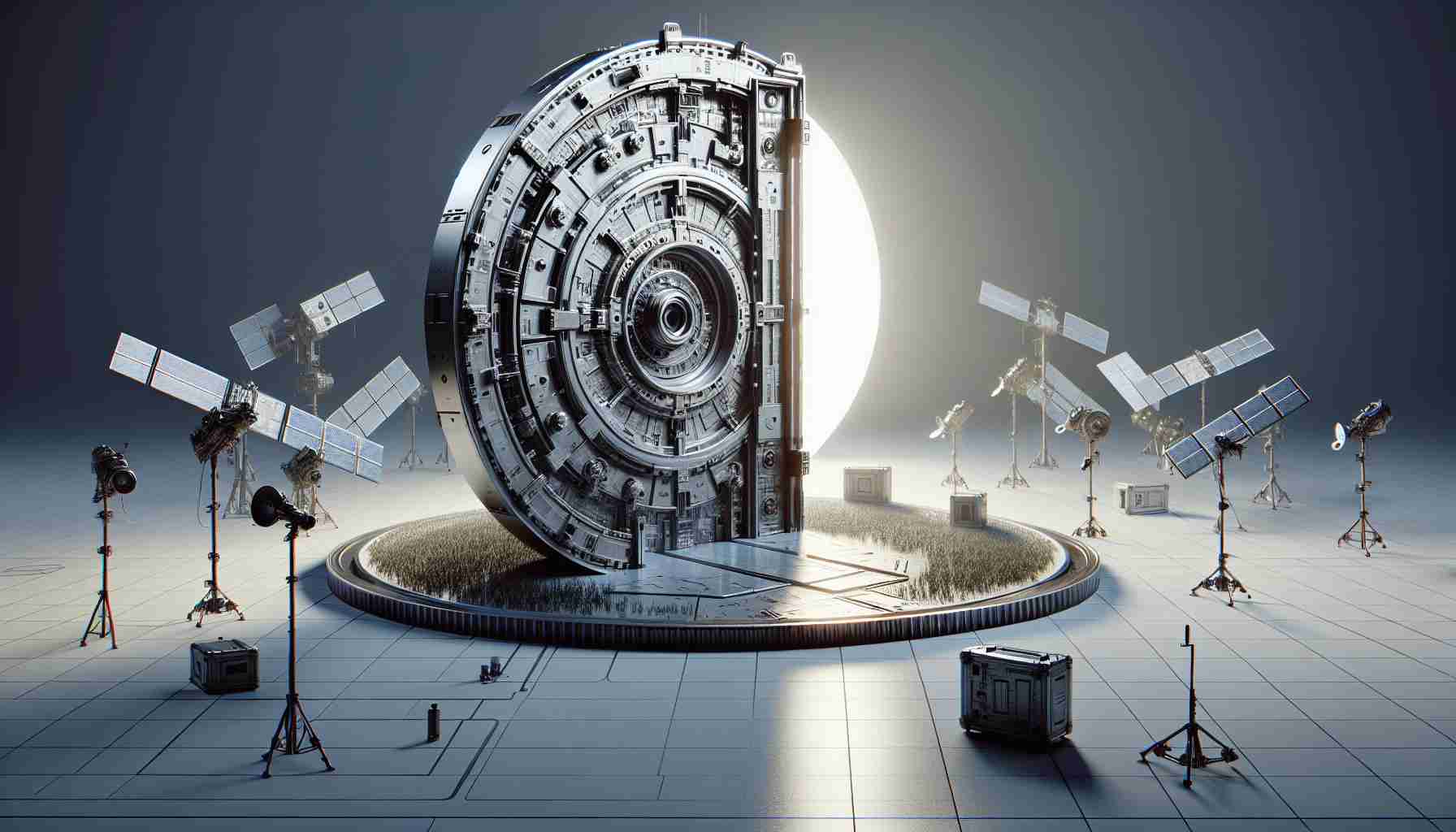
MOUNTAIN VIEW, Calif. – The National Reconnaissance Office (NRO) is set to change its approach by allowing businesses to constantly propose innovative remote sensing capabilities. Traditionally, the agency utilized Broad Area Announcements, which had specific submission deadlines for new projects. However, starting next year, the NRO will implement a new method known as the Commercial Solutions Opportunity (CSO).
This shift will enable companies to pitch ideas that include a variety of remote sensing technologies such as electro-optical and radar systems, as well as cutting-edge modalities like satellite-based LiDAR. According to the head of the NRO’s commercial space division, the organization will focus on proposals from firms that possess orbiting satellites or are preparing to launch new spacecraft.
In parallel, the NRO is collaborating with other government entities to formalize a procurement plan aimed at enhancing its capabilities with commercial synthetic aperture radar technologies, termed the Commercial Radar Layer. There is anticipation that the executive branch will soon finalize these requirements, followed by Congressional approval.
While gearing up for these developments, the NRO will continue to procure commercial radar services, underscoring its commitment to both domestic needs and international partnerships. Furthermore, businesses looking to collaborate must secure specific remote sensing licenses and ensure U.S. ownership, promoting a thriving environment for American companies in the global market while supporting national security interests.
NRO Embraces Continuous Proposal Submission for Remote Sensing Innovations
The National Reconnaissance Office (NRO) is on the verge of revolutionizing its procurement strategy by introducing an open-door policy for continuous remote sensing proposals. This shift, formalized through the newly announced Commercial Solutions Opportunity (CSO), is expected to foster rapid innovation and partnership between the NRO and private enterprises, enabling a more agile response to emerging technological advancements.
Understanding Continuous Proposal Submission
One of the most significant changes with the CSO is the elimination of fixed deadlines for proposal submissions. This new model allows businesses to submit ideas and technologies on an ongoing basis rather than adhering to a predetermined schedule. Such flexibility can lead to enhanced collaboration and innovation, as companies can respond more dynamically to the evolving needs of the NRO.
Key Questions and Answers
1. What types of technologies can be proposed?
– Companies can pitch a wide range of remote sensing technologies, including, but not limited to, electro-optical systems, radar technologies, and advanced modalities such as satellite-based LiDAR.
2. What are the prerequisites for companies wishing to collaborate with the NRO?
– Firms must possess remote sensing licenses and demonstrate U.S. ownership of proposed technologies. This requirement is designed to bolster national security and support domestic industry.
3. How does this change affect competition among private companies?
– The continuous proposal strategy is expected to increase competition, as businesses can introduce their innovations at any time, creating an ever-evolving landscape of potential solutions for the NRO.
Challenges and Controversies
While the CSO presents numerous opportunities, it is not without challenges:
– Regulatory Compliance: Navigating the regulatory landscape can be complex for companies, especially smaller firms that might lack resources to meet stringent licensing requirements.
– Integration with Existing Systems: There may be difficulties in integrating new technologies with the NRO’s legacy systems and existing frameworks, potentially delaying the implementation of innovative solutions.
– International Collaboration Risks: Greater engagement with commercial space firms raises concerns about security and the potential for sensitive technologies to be exposed to foreign entities.
Advantages of the CSO
– Fostering Innovation: By allowing continuous submissions, the NRO can tap into the latest advancements in technology, leading to more effective remote sensing solutions.
– Strengthened Partnerships: This approach enhances collaboration between government and business, encouraging economic growth and job creation within the U.S. aerospace sector.
– Agility in Procurement: The ability to propose solutions at any time allows the NRO to adapt quickly to new threats and opportunities, keeping pace with the rapid advancements in technology.
Disadvantages of the CSO
– Resource Allocation: Non-stop submissions may overwhelm the NRO’s evaluation resources, leading to potential bottlenecks in the review process.
– Quality Control: The influx of proposals could lead to variability in quality, where not all submissions meet the high standards required for national security applications.
– Dependence on Commercial Technologies: Increased reliance on commercial technologies might create vulnerabilities if companies face operational challenges or go out of business.
Conclusion
The NRO’s new policy for continuous remote sensing proposals marks a significant evolution in how the agency collaborates with the private sector. By eliminating rigid submission timelines, the NRO is positioning itself to better leverage the innovative capacities of American businesses while addressing important national security challenges.
For more information, visit the [NRO website](https://www.nro.gov).



